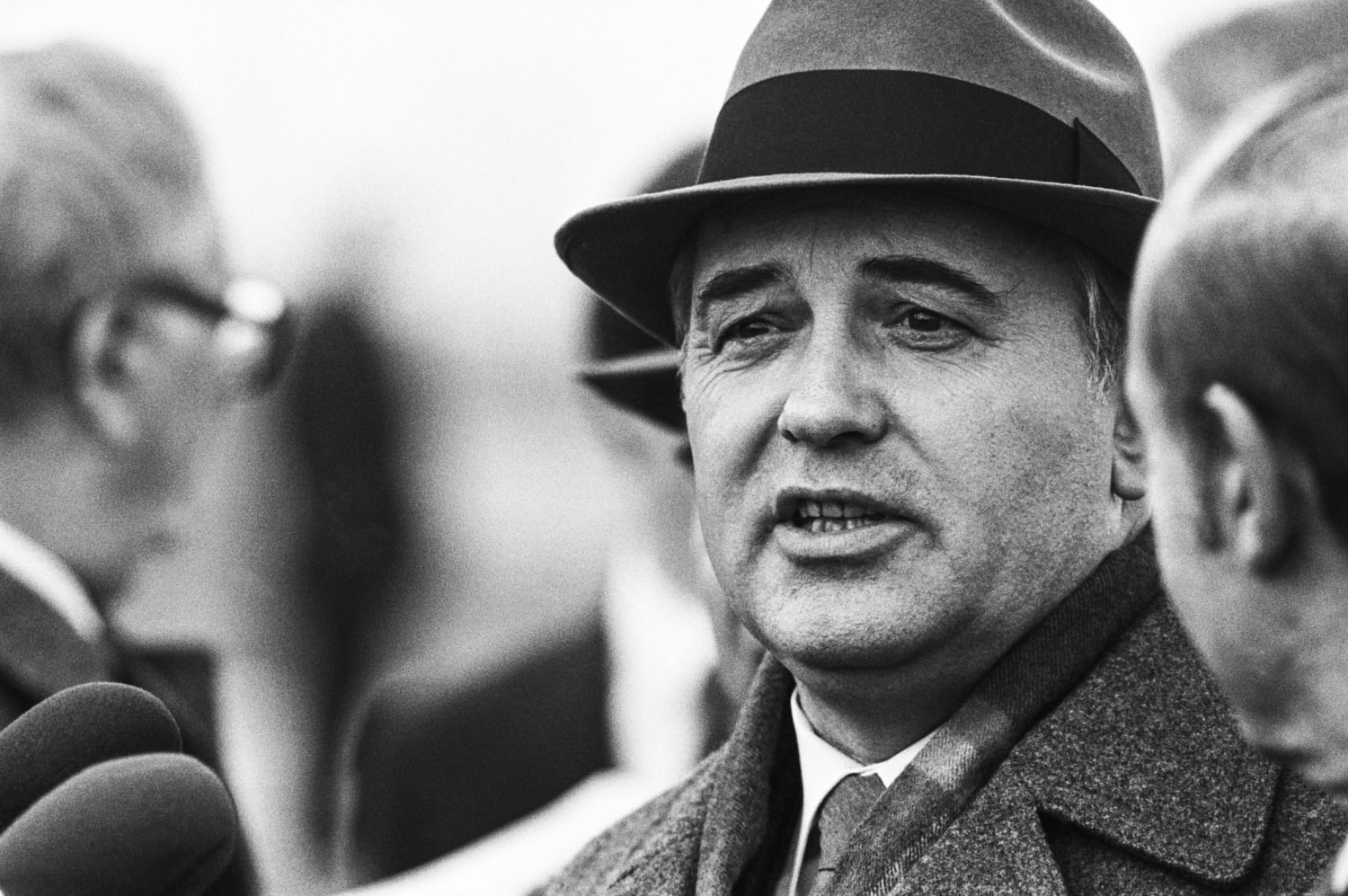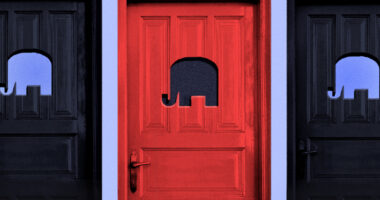Gorbachev was critical of some of Putin’s policies in his later years and lamented the “militarization of world politics.” Putin, meanwhile, has called the implosion of the Soviet Union, for which many in Russia hold Gorbachev responsible, “the greatest geopolitical catastrophe of the century.”
While Putin was reserved in his assessment, Kremlin spokesman Dmitry Peskov argued that Gorbachev’s “romantic” quest for peace between Moscow and the West was a pipe dream, according to the state news agency Tass.
“This romanticism did not materialize. There was no romantic period or honeymoon,” Peskov was quoted as saying. “The bloodthirstiness of our opponents has shown itself.”
Gorbachev pursued arms control treaties and won the Nobel Peace Prize in 1990 for helping to end the Cold War, while championing economic restructuring and greater openness at home through his policies of “glasnost” or openness and “perestroika” or restructuring.
But those reforms ultimately helped weaken the USSR to the point of collapse, and it was the way he handled those events which has left many in Russia and post-Soviet countries bitter.
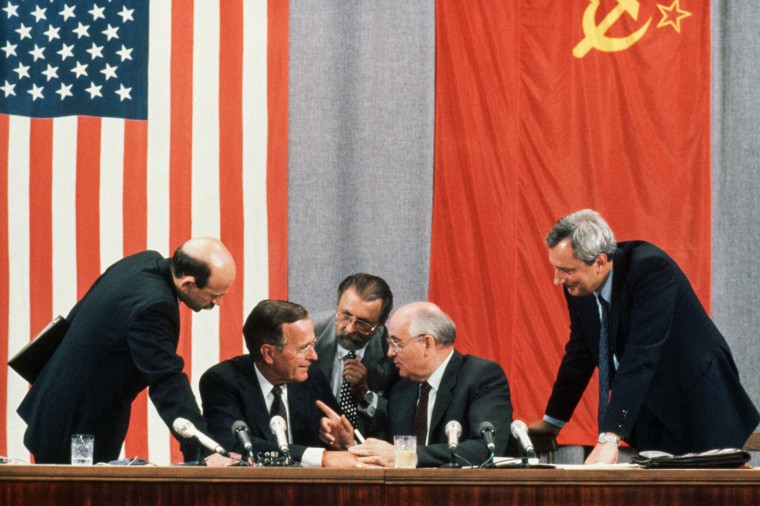
Some blame him for overseeing the destruction of an empire and a way of life, others for failing to ensure a smooth transition to democracy and capitalism.
He defied the image of a typical Soviet leader — his purple birthmark made him instantly recognizable, while his appearance in a Pizza Hut television ad and an episode of “The Simpsons” in the late 90s gave him a near-celebrity status in the West.
In contrast, he was by then a pariah back home, as many people struggled with joblessness, corruption and a lack of stability in the chaotic aftermath of the demise of the Soviet Union.
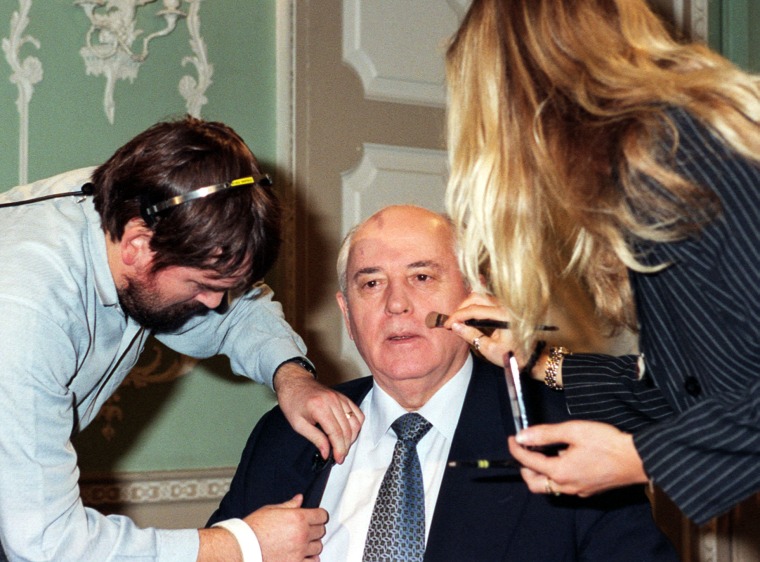
That makes the difference in the reactions to his death expected, said Vladislav Zubok, a professor of international history at the London School of Economics, who has written extensively about Gorbachev.
“He sits astride two very different histories — one history is called the end of the Cold War and victory of the West, and that makes him a hero. And another history is the Soviet demise, collapse, chaos and misery, which makes him a villain,” Zubok said.
And while the end of the Cold War is perceived in the West as Gorbachev’s greatest achievement, it’s seen as a “surrender and capitulation before the West” in Russia, said Nikolai Petrov, a senior research fellow at the Chatham House think tank in London.
“The very things that he is valued for in the West are perceived by many in Russia as a manifestation of weakness,” Petrov added.
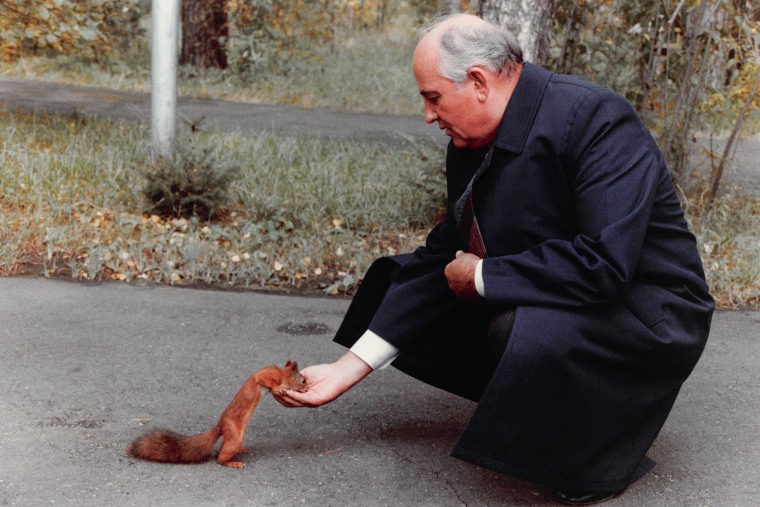
Amid a largely low-key response in Russian media, this mixed legacy was summed up in an editorial by the state news agency Ria: “Russia and the West say goodbye to different Gorbachevs,” it read.
There was still no decision Wednesday about whether Gorbachev would receive a state funeral, which would usually be a foregone conclusion for a figure of his stature.
Many Russian politicians also voiced mixed feelings about Gorbachev’s passing.
Sergei Mironov, leader of the pro-Kremlin Just Russia party, told the state news agency Tass on Wednesday that Gorbachev gave the Soviet people “hope for change,” but in the end, it lost them their country.
Jailed opposition leader Alexei Navalny said that his perception of Gorbachev changed in reverse of that, from “savage irritation” to “sad respect.”
Gorbachev’s legacy, Navalny said in a series of tweets from behind bars, will be “evaluated far more favorably by posterity than by contemporaries.”
Source: | This article originally belongs to Nbcnews.com

